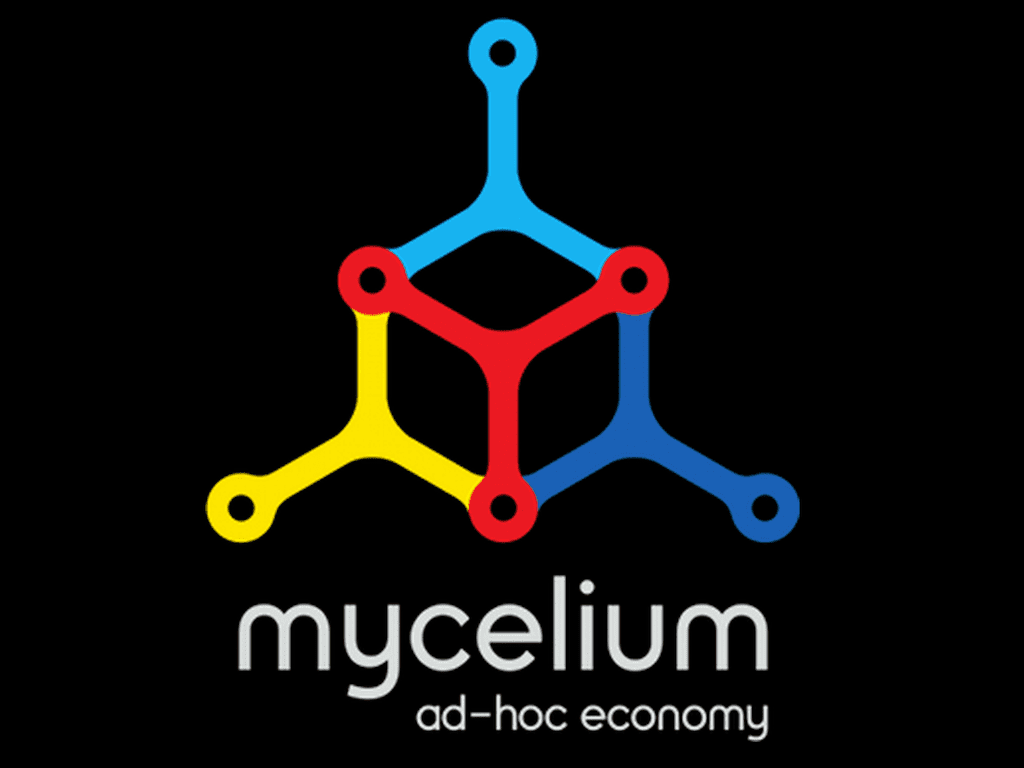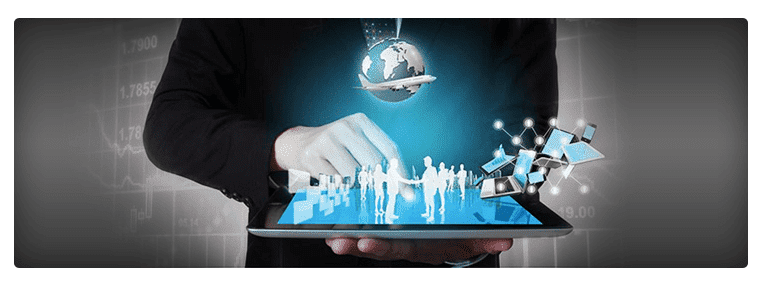What Is Operational Crm? Definition & 13 Examples Of Software Tools
Content
The good news is that there are many customer relationship management CRM systems to choose from. Successful businesses put their customers at the heart of everything they do. It can be used, for example, in tracking customer interactions and seeing what products they save in the shopping cart or whether they have made a purchase. These insights can help to turn random leads into customer segments with similar traits such as age, spending per purchase, and reasons for purchase .
- An operational CRM system supports sales, marketing, and service functions within a company.
- It uses the data in sophisticated ways for customer satisfaction and to grow the business.
- How do you know if it is the right software for your business though?
- Online, all the management is done via different applications, algorithms, and solutions collectively known as CRM .
- A SaaS system can be signed up online and used in the business right away, but on-premise solutions require installation.
- A pop-up with a lead magnet that offers solutions to the customer’s problem.
- Analytical CRM focuses on gathering data, insights and information to enhance your business strategy and growth.
Not only that, but larger-picture metrics around analytics, reporting, and quotas ensure you’re consistently looking for opportunities to improve and streamline your sales methodology. A CRM system is the collection of software with a number of different applications and features that help and improve the process of customer management. CRM systems use all available technology to streamline the process operational crm definition of working with customers and clients. CRM includes all the processes, practices and strategies that are used to analyse and manage customer behaviour in way that allows CRM software companies to improve their strategies, relations and sales. \n\n\n\nA CRM system is the collection of software with a number of different applications and features that help and improve the process of customer management.
What Types of CRM Are There?
Sales automation features can simplify the lead management process by automating the lead scoring process, so it’s easier to identify which potential customers to prioritise. Even after the conversion, CRM remains meaningful and still offers many advantages. If queries or complaints arise, you can leave a lasting impression through personalised, competent communication.

It’s so much more intuitive to do this with a CRM than a spreadsheet. As an example, look atTags– in a few clicks you can group your leads by some attribute say marketing and your marketing team can then filter your leads and get to work on turning them into great prospects. In addition to easily adding new leads you can quickly categorise them. This allows your sales team to focus on the right leads by prioritising them, and marking any leads that would benefit from more nurturing before they – hopefully! For one thing, CRM systems lets you store customer data such as buying behaviour and re-target them at the right times; it also tells you when their contracts are going to end. This is done using CRM metrics; these are a set of metrics obtained through analytics that tells you whether the departments are working optimally and whether there is room for improvements.
What Are the Strategic Goals of CRM?
Businesses need applications to operate; they need productivity apps, accounting apps, communication apps, e-mail apps, marketing apps and many more. Although many excellent apps are readily available, the difficulty is integrating them so that they function cohesively and efficiently. Analytical CRMs use data-mining to map customer information and identify trends; these trends are then used to make future predictions that help the business anticipate customer interactions. Operational CRMs are concerned with streamlining processes that affect the quality of customer relationships. The first thing to say about SaaS systems is that they can be implemented more quickly than on-premise models. A SaaS system can be signed up online and used in the business right away, but on-premise solutions require installation.
If you know that your business could benefit from a CRM system, that’s a great start, but where do you go from there. The fact is there are numerous CRM systems on the marketplace that have their strengths and weaknesses, you want to choose the one that suits you best, but https://xcritical.com/ that isn’t an easy task. The first thing you will do is identify your customer touchpoints; these will be Contact Forms, Phone Calls, In-Person Communication, E-mail Interactions, and lots more. Touchpoints are your chance to interact with customers and gather data.
The 9 big mistakes businesses make when implementing their CRM systems
Another way CRM helps boost revenue is by helping you identify customers likely to churn. Then, you can start customer engagement activities on time to reduce churn and increase customer average lifetime value. Since all the information about current and potential customers is stored in one place, every department can focus on the right clients. A good CRM system can help you offer better customer service, boost loyalty, and reduce churn.

Forecasting is a powerful way to make your data work for you, and luckily it’s one of the core features of most CRM platforms. Driven by a passion for customer relationship management, SuperOffice is one of Europe’s leading suppliers of CRM solutions to the business to business market. Our software supports the individual user in achieving stronger sales, marketing and customer service productivity. Incorporating full-fledged functional tools, CRMs allow sales managers and sales teams to seamlessly use sophisticated task management tools. Collaborative CRM is a type of CRM software whose modules focus on enabling both internal and external stakeholders to see relevant customer data. Some collaborative CRM systems also provide integrated communication tools to allow individual employees to easily work with clients and prospects.
The CRM Software Market
Analytical CRM is mostly focused on aiding management in better understanding all of the gathered data and to create an extensive and comprehensive overview. This CRM system show which customers are the most valuable and which ones may not be worth investing in. CRM programs also allow businesses to better prioritise their customer targeting, by highlighting which clients show the most promise. CRM systems collect and keep track of all relevant customer information such as their purchases, online correspondences, website visits and more, through different CRM software applications. This allows users to have all this relevant information in one place, giving them a clear overview of the entire situation.



